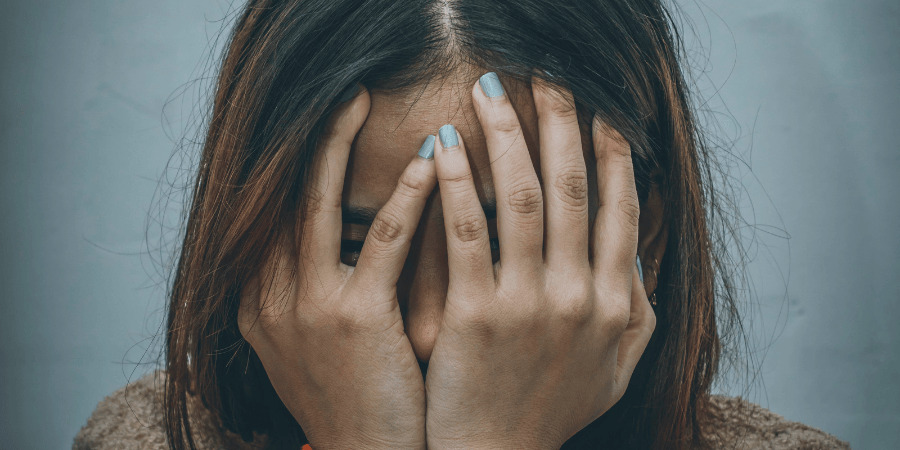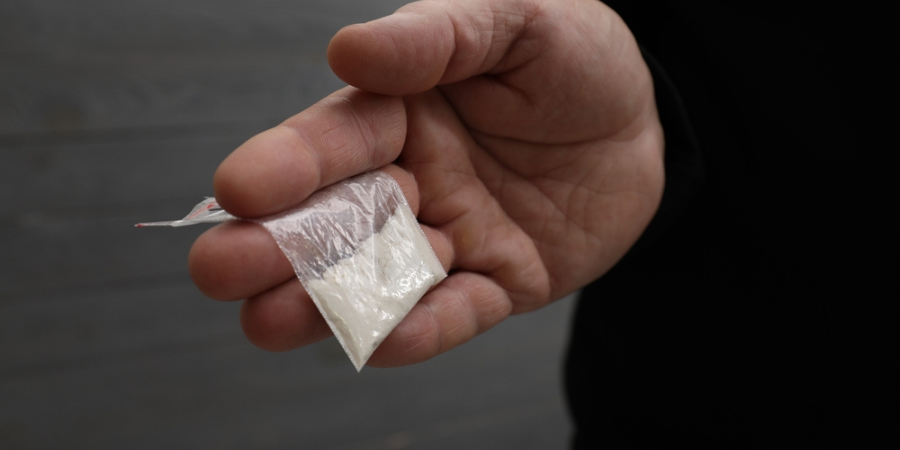Mephedrone Addiction | Signs, Symptoms and Effects
In 2009, mephedrone arrived in the UK like a whirlwind, with its low price, easy availability and temporary legality making it a go-to for partygoers. But the buzz didn’t last long; what seemed harmless fun quickly became a nightmare for many. Within a year, mephedrone’s health risks and addictive nature became clear, and it was banned. Despite this, illegal mephedrone use has kept these risks alive, with mephedrone addiction still ruining lives. For anyone using mephedrone, this page will explain the dangers and help you turn things around.
What is mephedrone?
Mephedrone, often called “MCAT” or “meow meow”, is a synthetic stimulant that is usually snorted as a powder. It is part of the cathinone class of drugs that are based on a natural compound found in the khat plant. This is traditionally chewed in East Africa and the Arabian Peninsula for its mild stimulating effects, much like the coca plant is chewed in South America.
Mephedrone became a favourite among young people looking to party in the late 2000s, promising the euphoria of MDMA and the buzz of amphetamines, all wrapped up in a package that was cheap, accessible, and, for a brief time at least, legal. However, following reports of dangerous side effects and even fatal overdoses, mephedrone was banned in the UK in 2011 and named a Class B drug.
Common mephedrone effects include a quick hit of energy, confidence and sociability, but it also brings troubling side effects like teeth grinding, memory lapses, hallucinations and erratic behaviour.
Before its ban, mephedrone was widely available, particularly online where it was sold as “plant food”. While its illegality has seen a major reduction in mephedrone abuse, the drug is still circulating with the same enormous risks.
What is mephedrone addiction?
Mephedrone addiction is when what seemed like harmless fun turns into something you can’t control. At first, mephedrone might look like an easy way to de-stress or boost your night out, but it can quickly reveal its darker side.
The descent to legal high addiction often starts with tolerance as your body adapts and demands more mephedrone to give you the same high. This tolerance can develop incredibly quickly, and soon, people may find themselves staying up multiple days in a row taking mephedrone.
Soon, physical dependence sets in, where withdrawal symptoms like cravings, anxiety and restlessness cause you to keep using mephedrone even though you are starting to notice the issues it is causing.
As well as this physical hold, mephedrone abuse can soon become your way to deal with stress, sadness or even boredom. The result is a life increasingly dominated by the pursuit of the next dose, with your health, relationships and happiness all paying the price.
How to spot mephedrone addiction signs
Mephedrone might feel like just a party habit, but addiction often sneaks up unnoticed. Here are some telltale mephedrone addiction signs to look out for:
Your day isn’t complete without using mephedrone
You have lost any sense of control over your mephedrone abuse
The health impacts are becoming obvious, but you still can’t stop
Your loved ones are frustrated and worried, and it’s affecting your relationships
You are hiding the financial cost of your mephedrone abuse from your family
You have lost interest in things you used to be really into
Keeping your mephedrone abuse a secret is beginning to become a constant worry
Catching these signs of mephedrone addiction early gives you a head start in getting the help you need.
What causes mephedrone addiction?
On a chemical level, mephedrone abuse elevates the brain’s dopamine and serotonin levels, turning up the pleasure dial and making it hard to resist taking it again. But mephedrone addiction risks are not the same for everyone, and there are a few reasons for that:
The dangerous side effects of mephedrone addiction
Back when mephedrone first hit the scene, it took a while for people to grasp just how dangerous it could be. Now, the risks are crystal clear, and they are not to be taken lightly:
How to overcome mephedrone addiction
Mephedrone addiction treatment begins with detox, a vital first step where your body learns to function without needing it anymore. Withdrawal symptoms can make this stage challenging, but Recovery Lighthouse will plan and supervise your detox to ensure everything goes smoothly and safely.
After that, rehab is where you take the next big leap. Through therapy, you will learn to spot and solve the challenges that have kept you tied to mephedrone. During this vital stage of legal high addiction treatment, you will rebuild your confidence, relationships and ability to enjoy life without mephedrone.
Aftercare will then ensure your recovery stays strong. With free group therapy each week for a full year and our supportive Alumni resources and events, you will have everything you need to keep moving forward.
Ready to put mephedrone addiction behind you?
Mephedrone doesn’t get the final say in your story. At Recovery Lighthouse, we will help you write a new chapter – one filled with health, hope and a fresh start. From the day you contact us, and for the rest of your life through our Alumni Network, we will be right by your side. Contact us today, and let’s begin your recovery journey together.
Frequently Asked Questions
(Click here to see works cited)
- UK-Rehab. “Mephedrone Addiction & Abuse.” UK-Rehab, https://www.uk-rehab.com/legal-high-addiction/mephedrone/. Accessed 3 December 2024.
- FRANK. “Mephedrone | Mcat | Effects of Mephedrone.” FRANK, https://www.talktofrank.com/drug/mephedrone. Accessed 3 December 2024.
- NHS. “Mephedrone.” Lets Talk About It, https://www.letstalkaboutit.nhs.uk/directory-of-services/chemsex-support/mephedrone/. Accessed 3 December 2024.
- Loi, Barbara et al. “Deaths of individuals aged 16-24 years in the UK after using mephedrone.” Human psychopharmacology vol. 30,4 (2015): 225-32. doi:10.1002/hup.2423. Accessed 3 December 2024.






